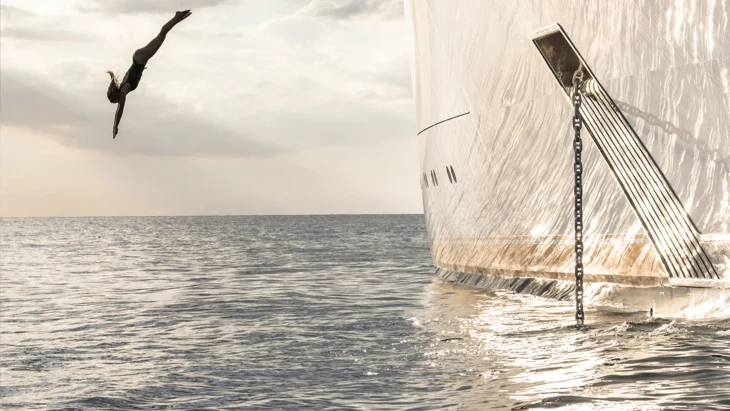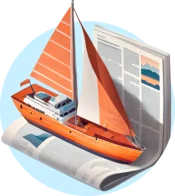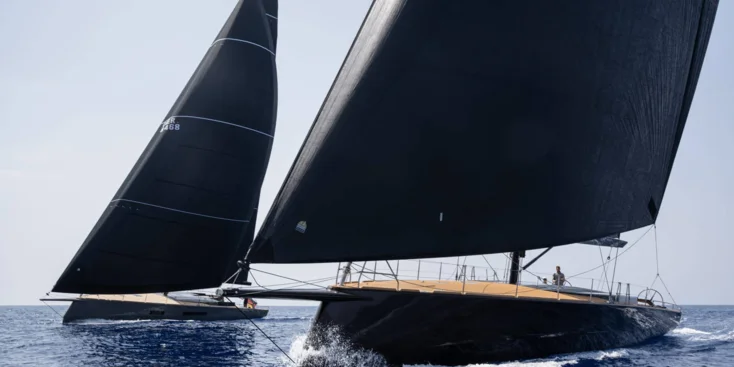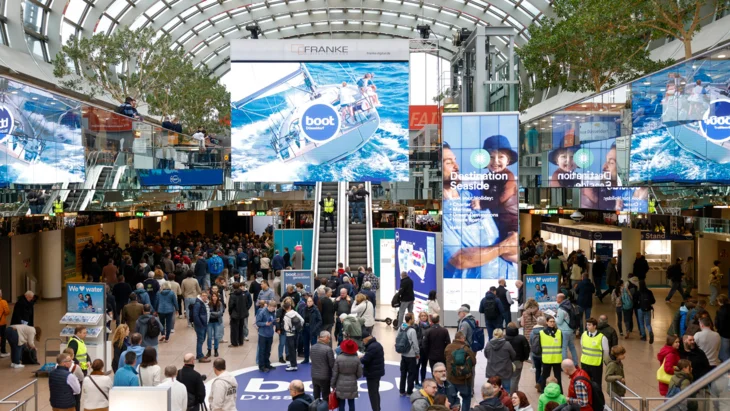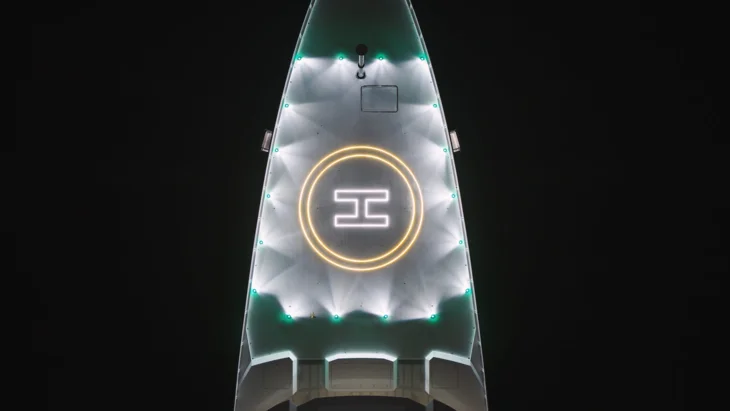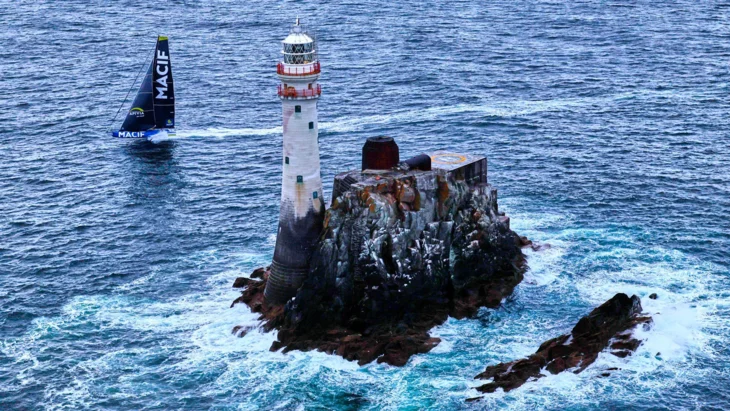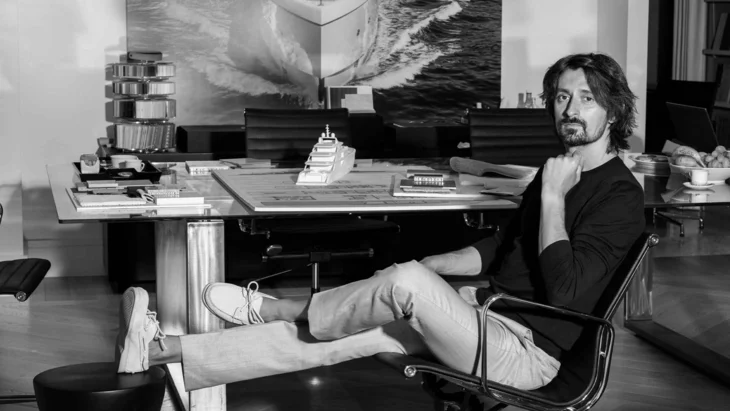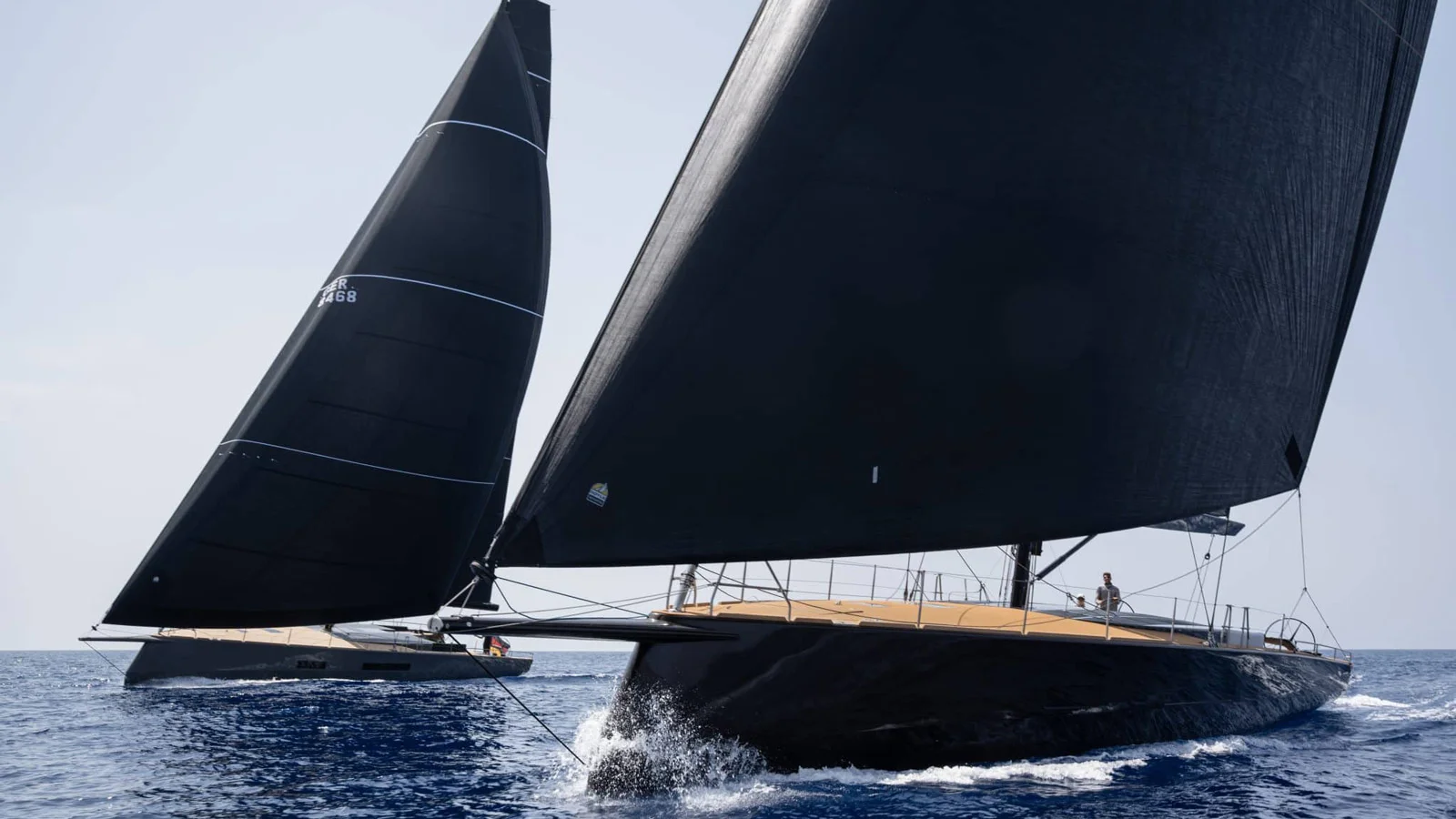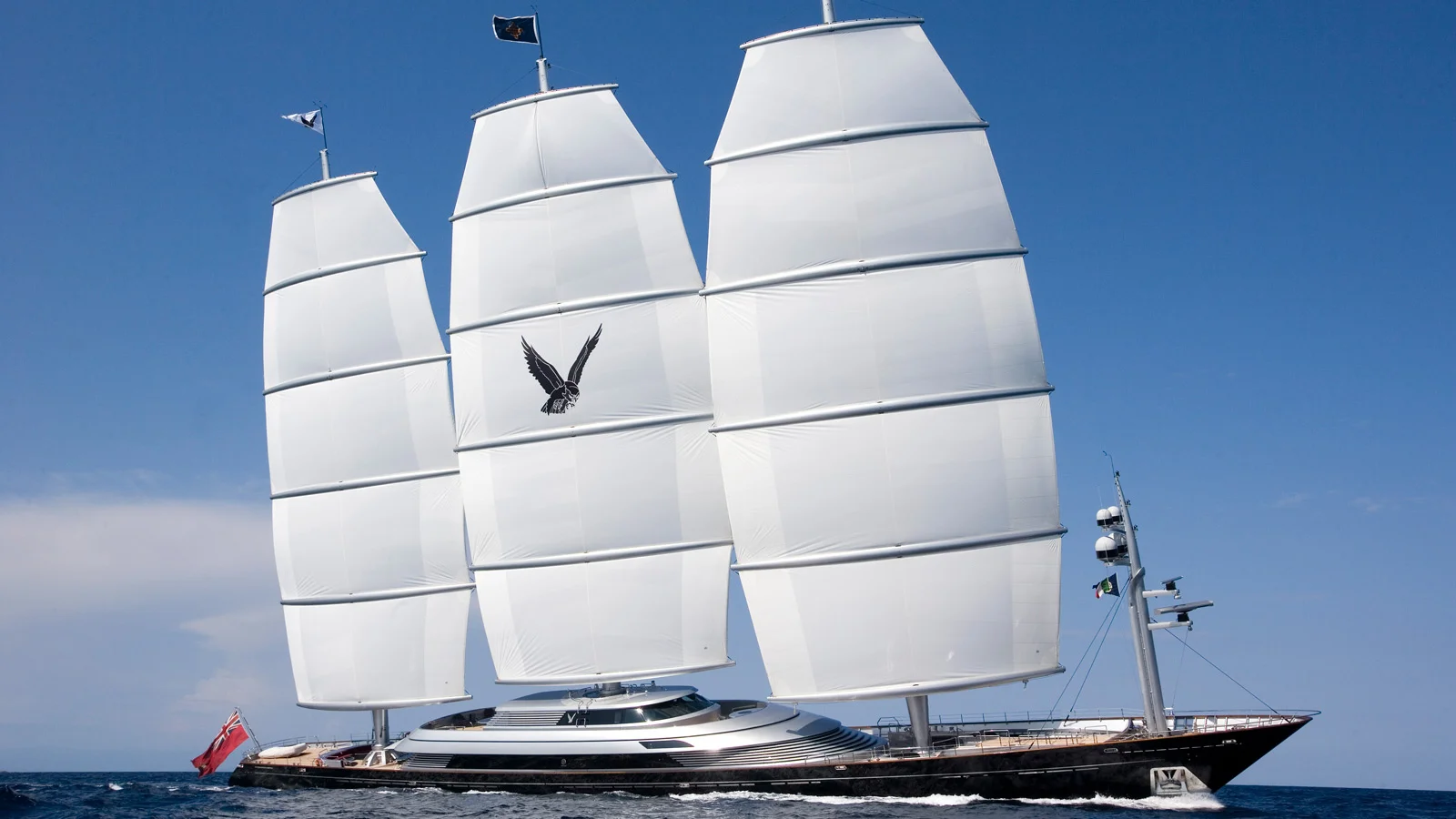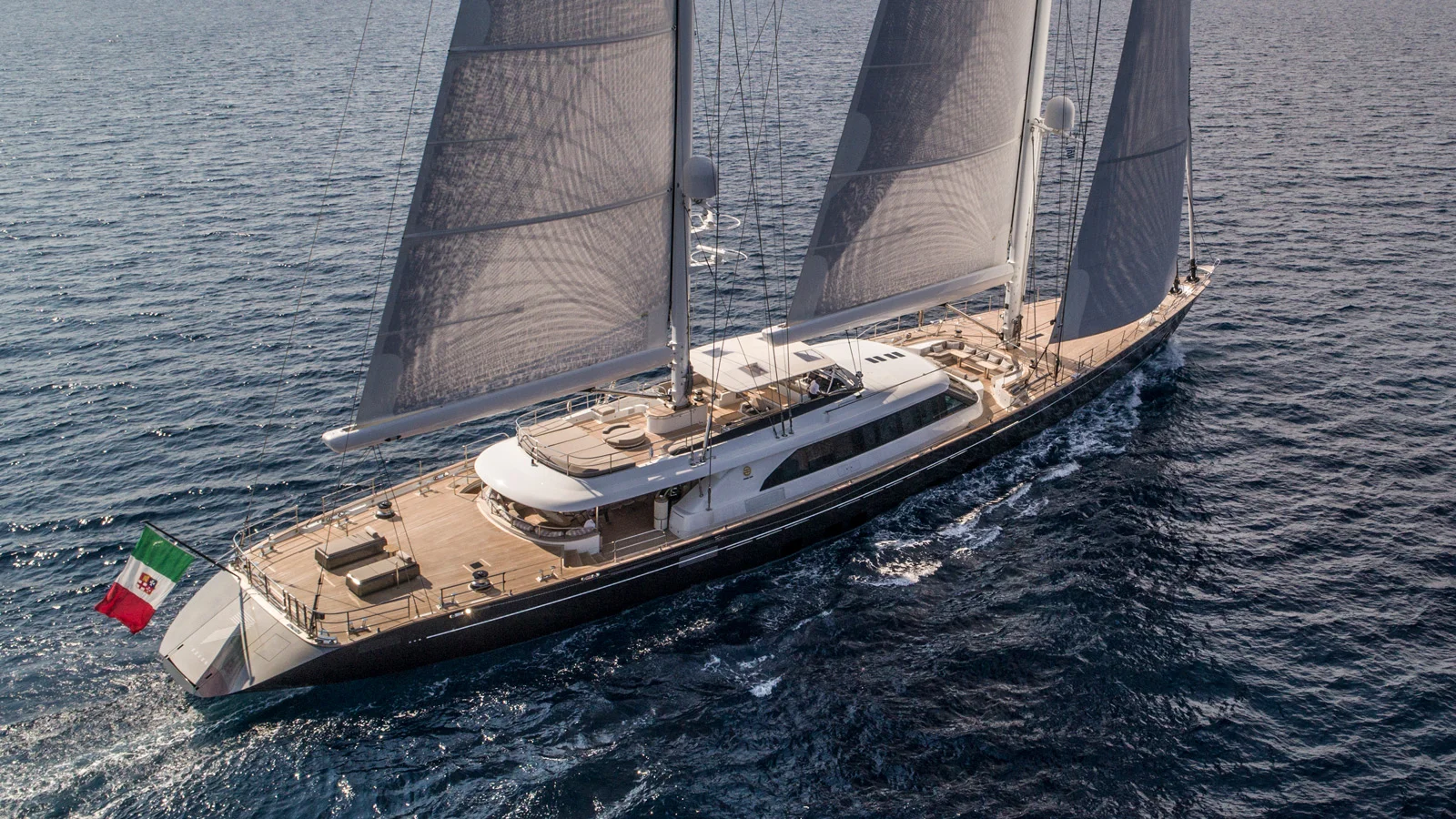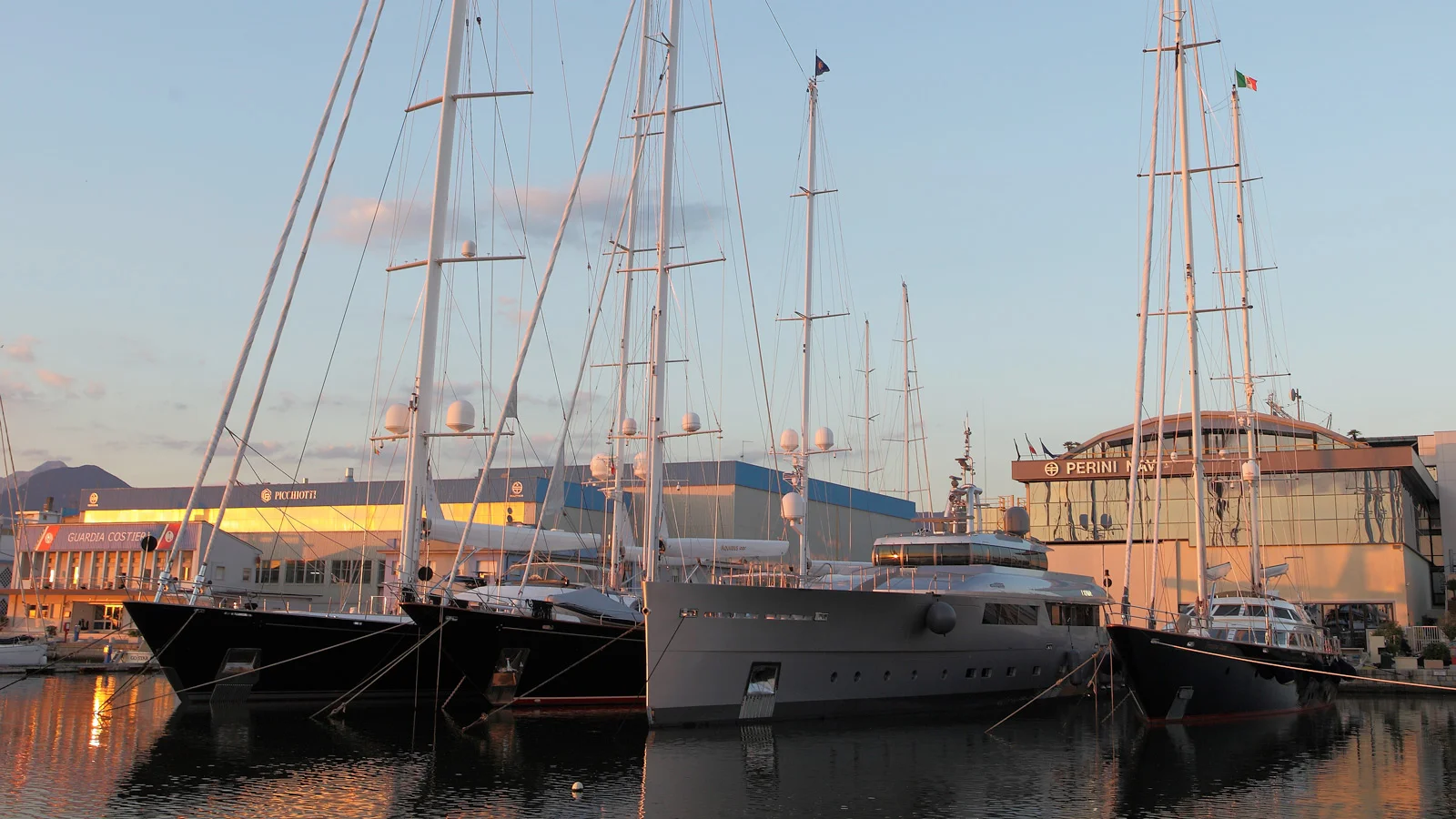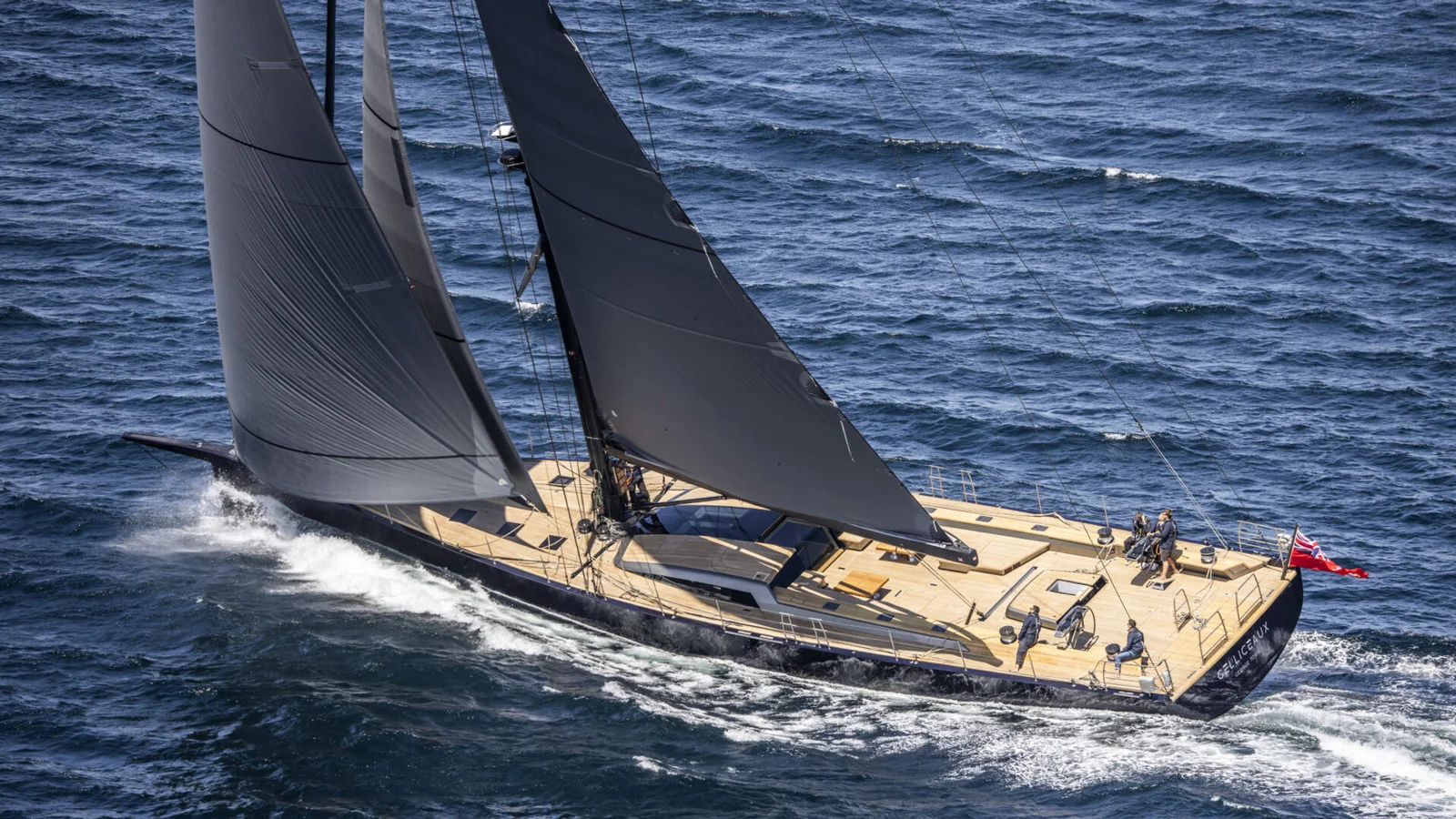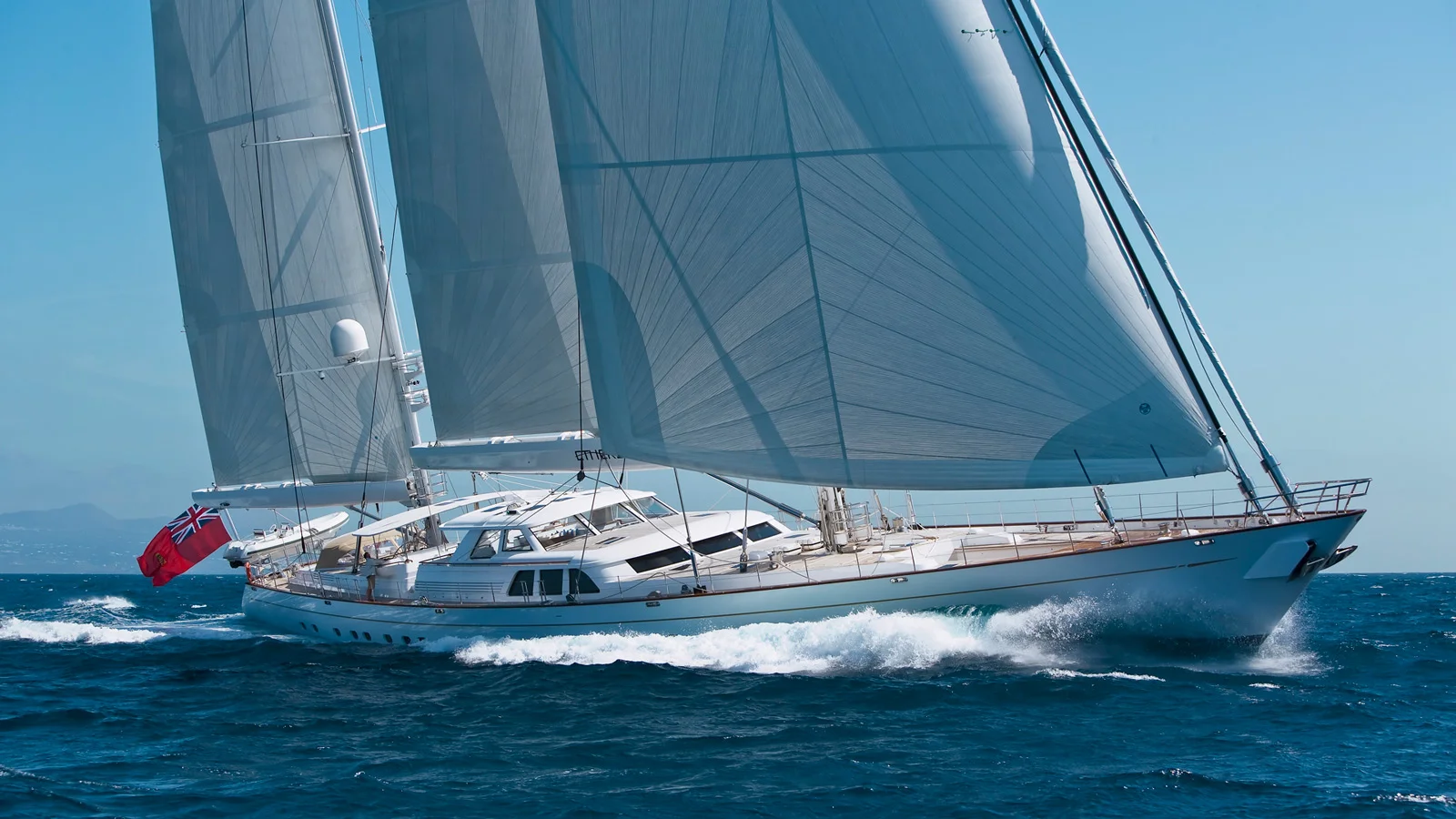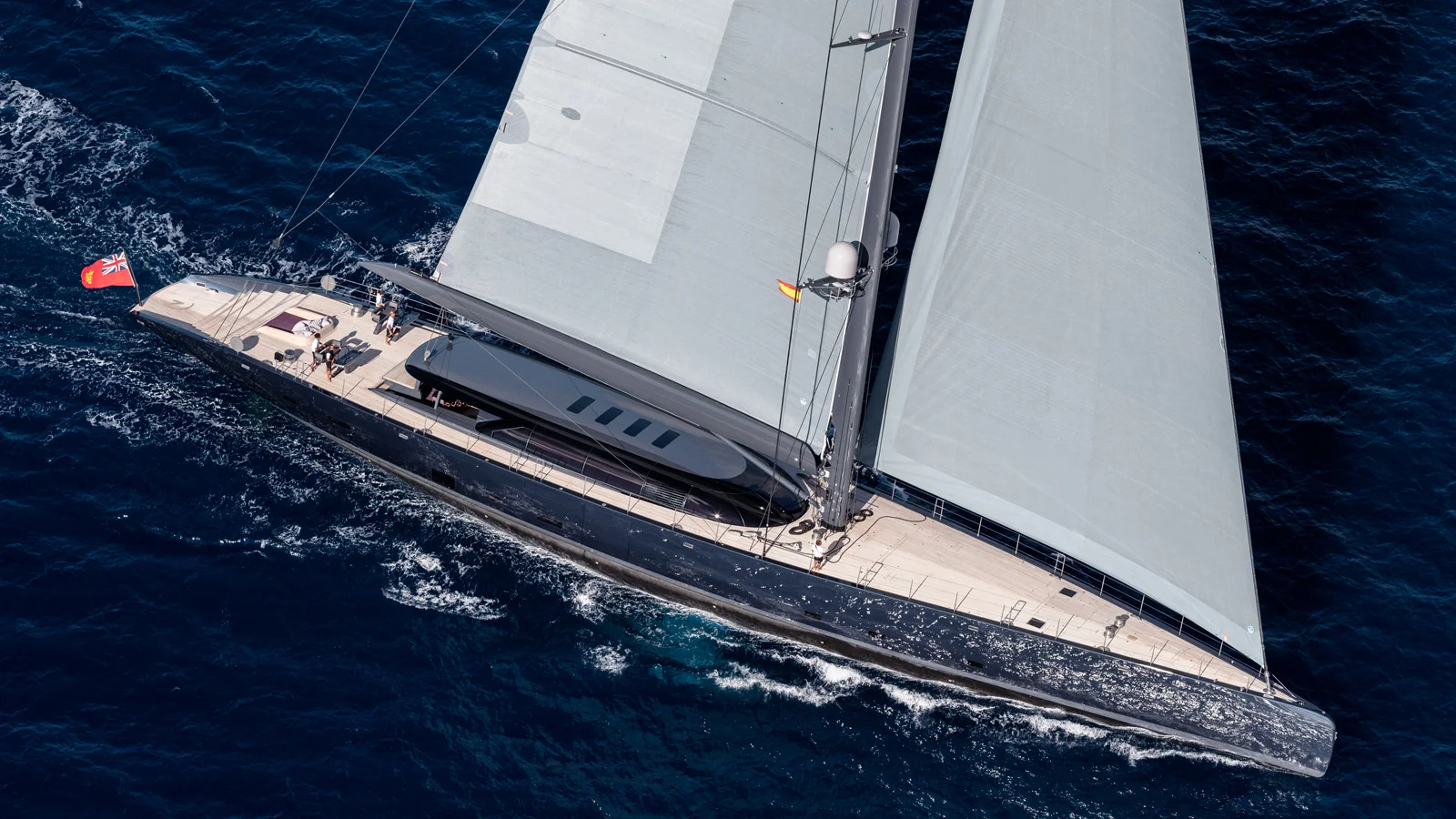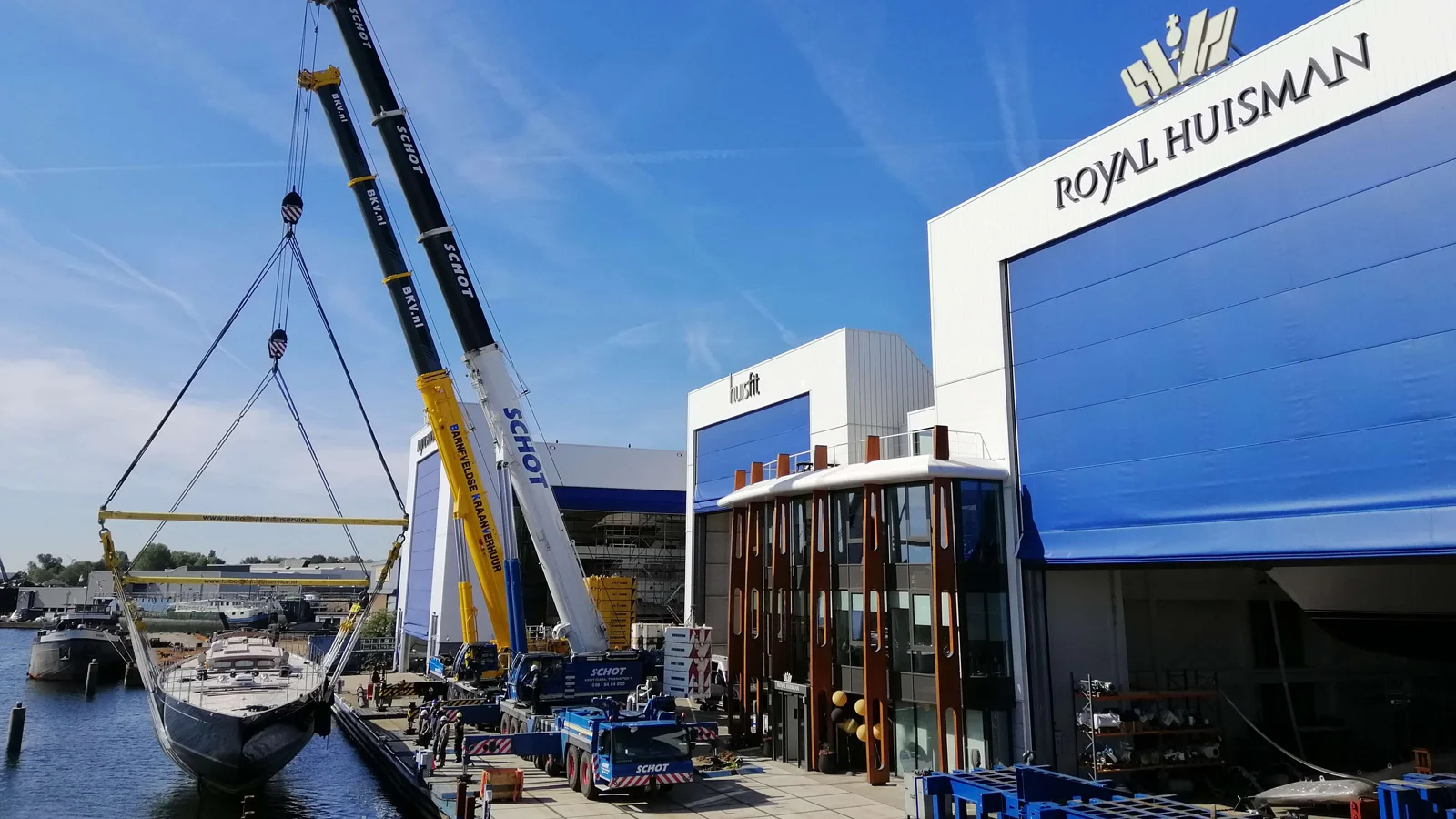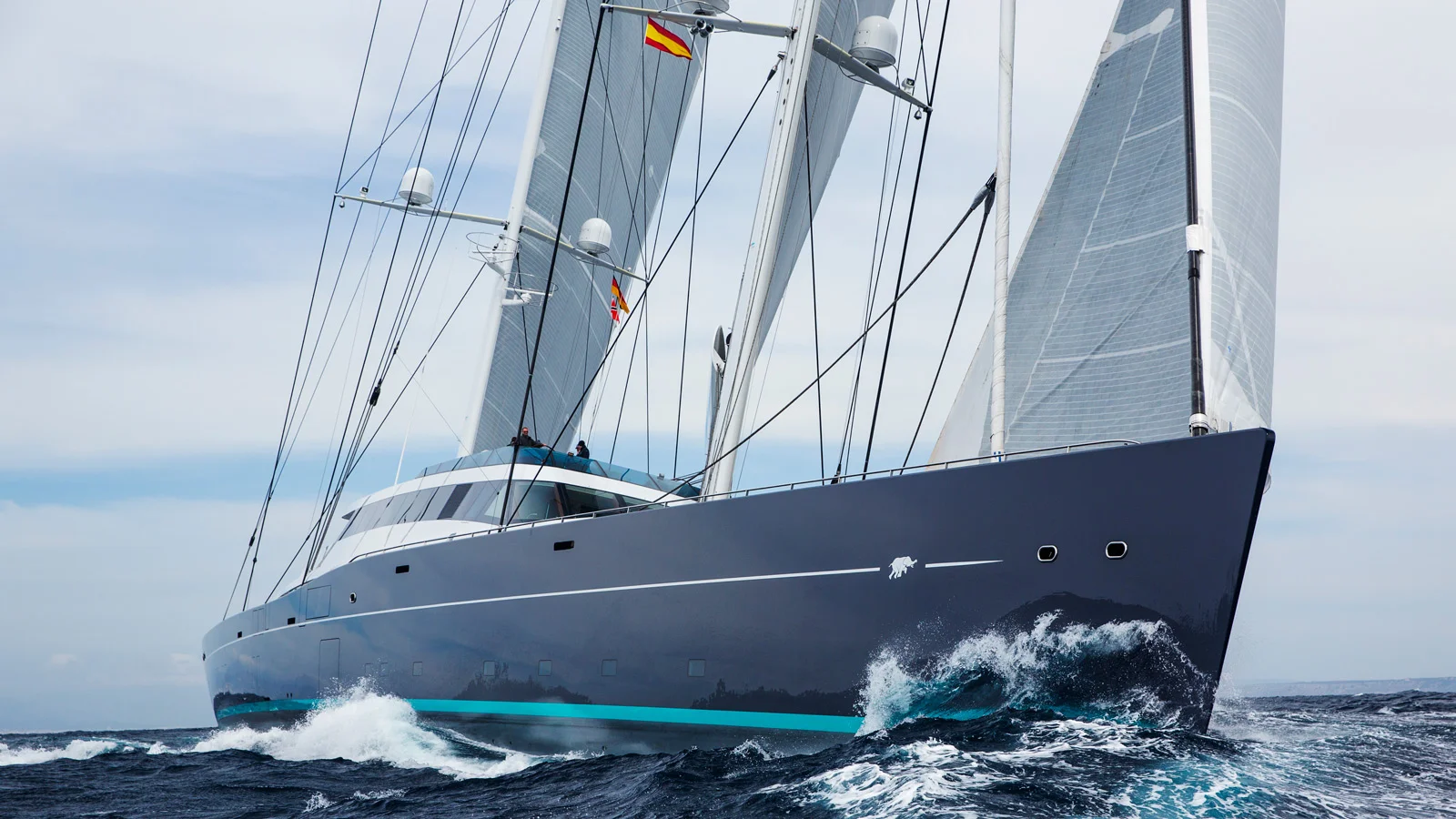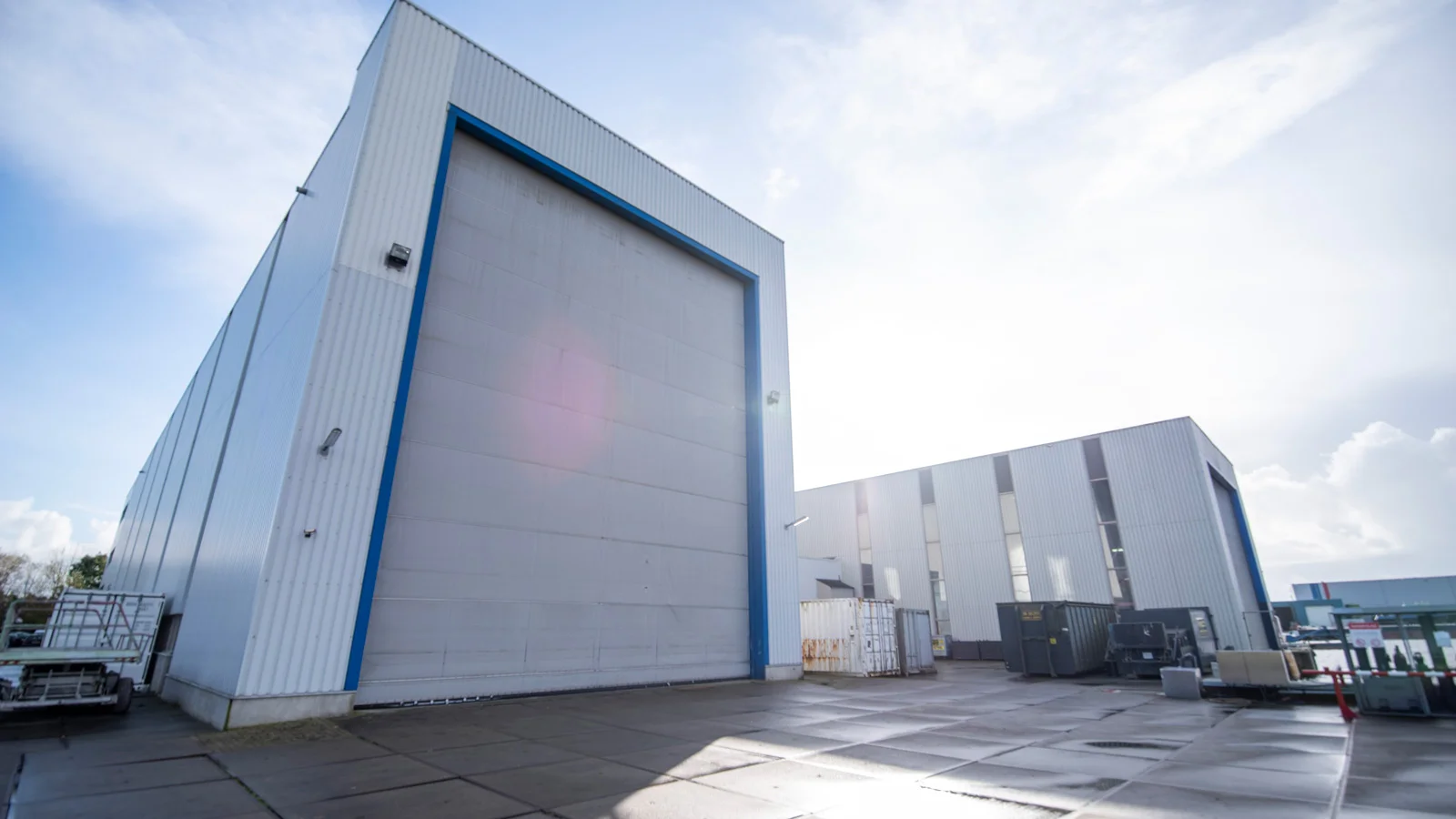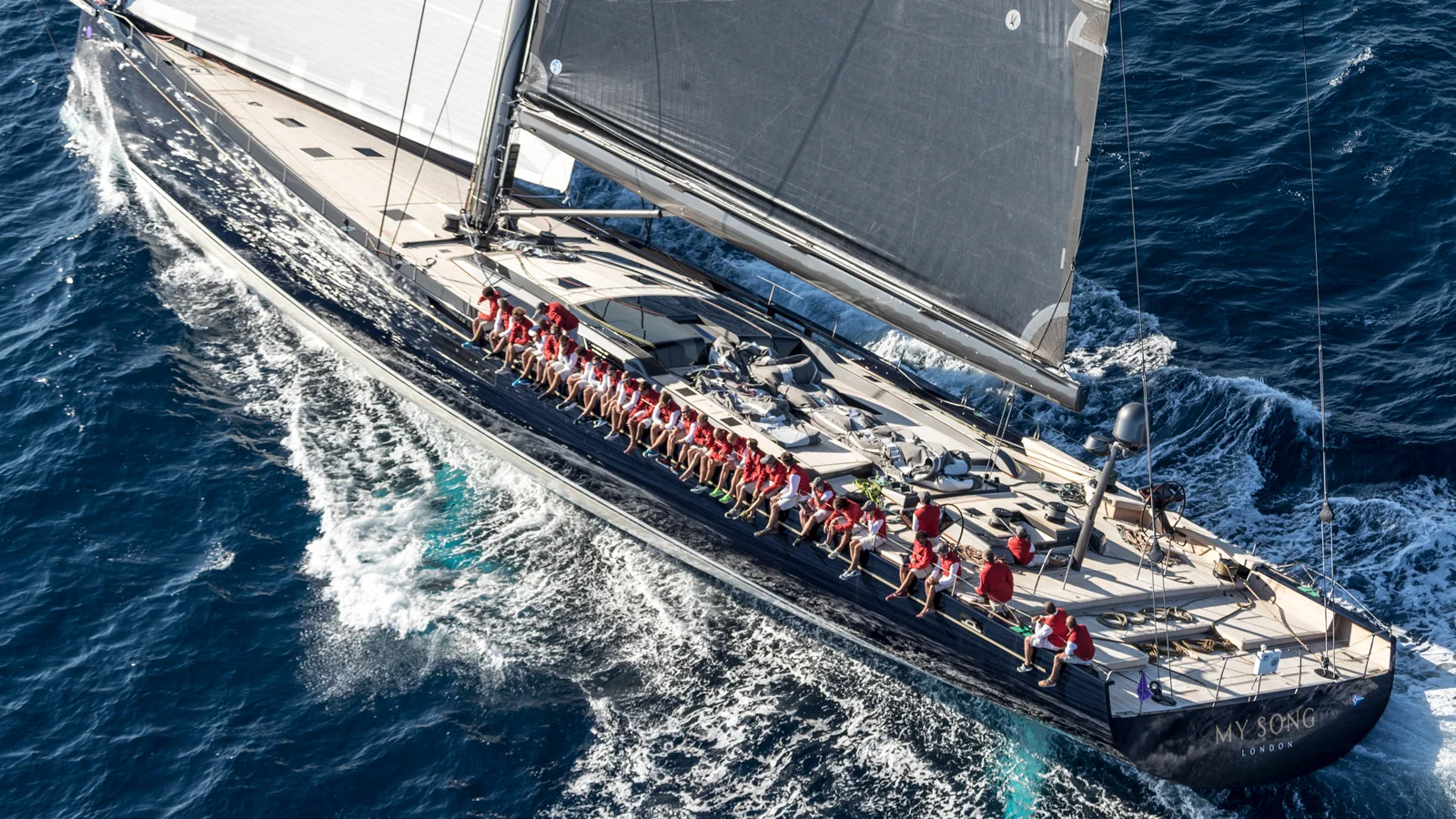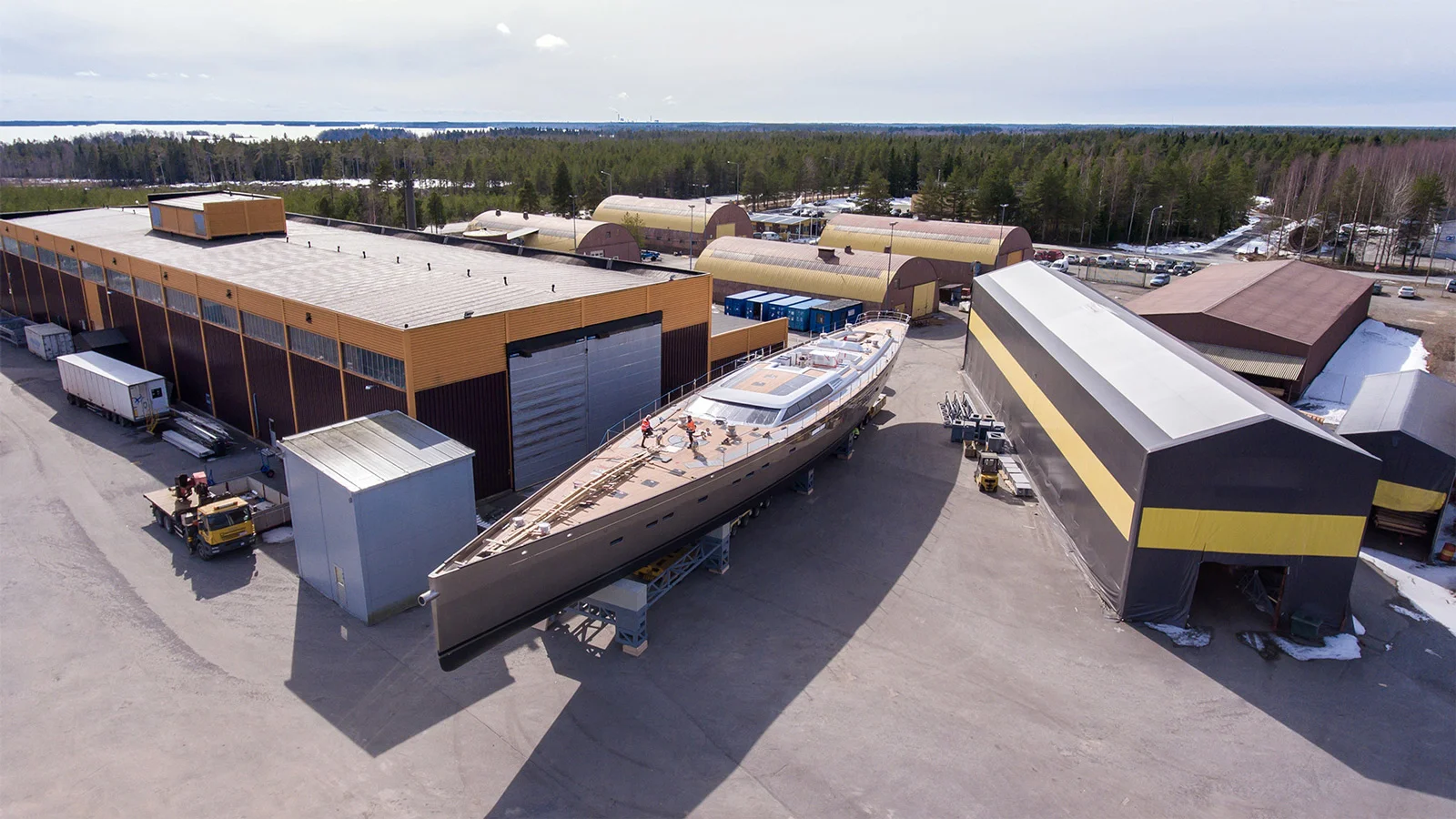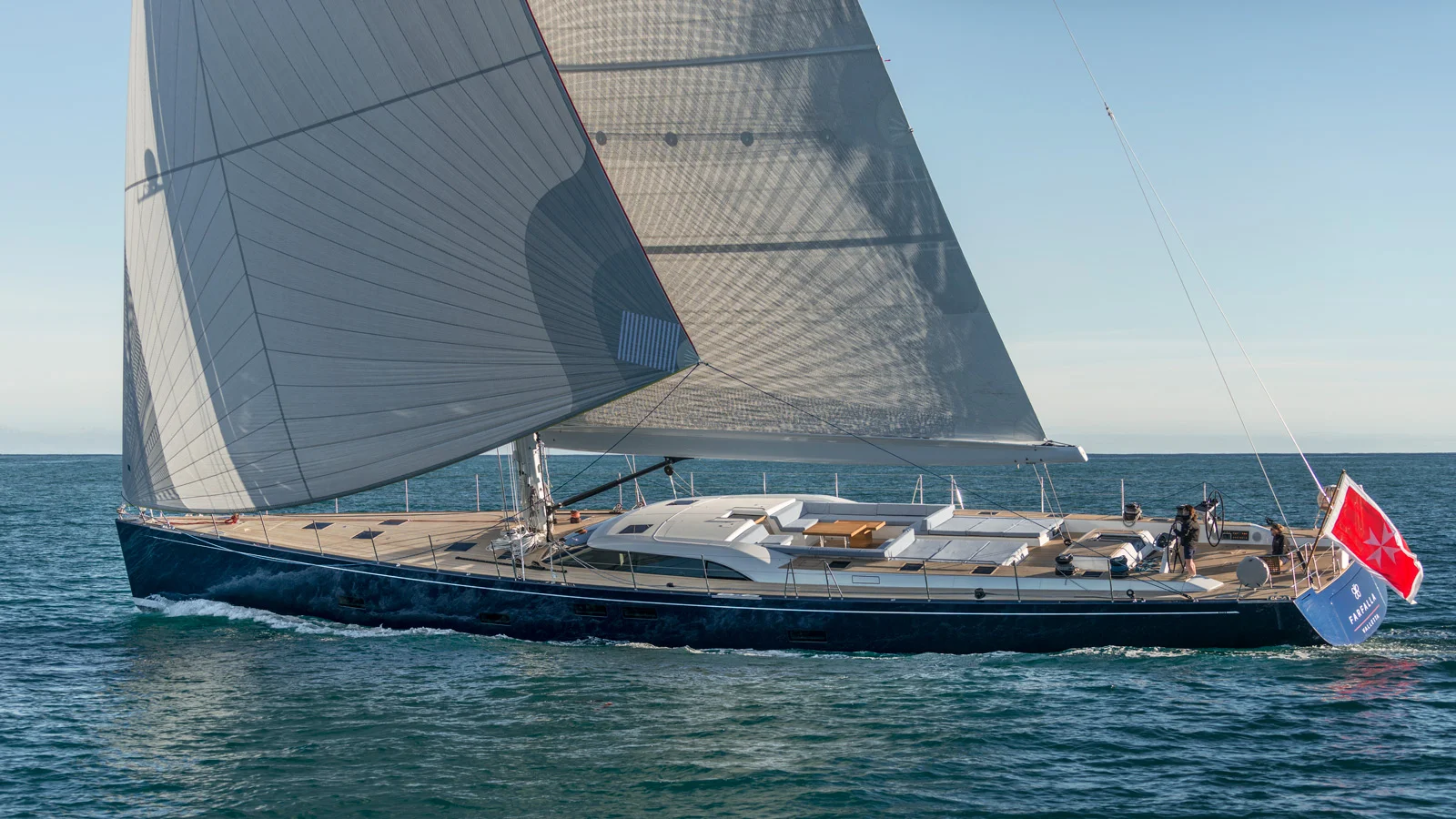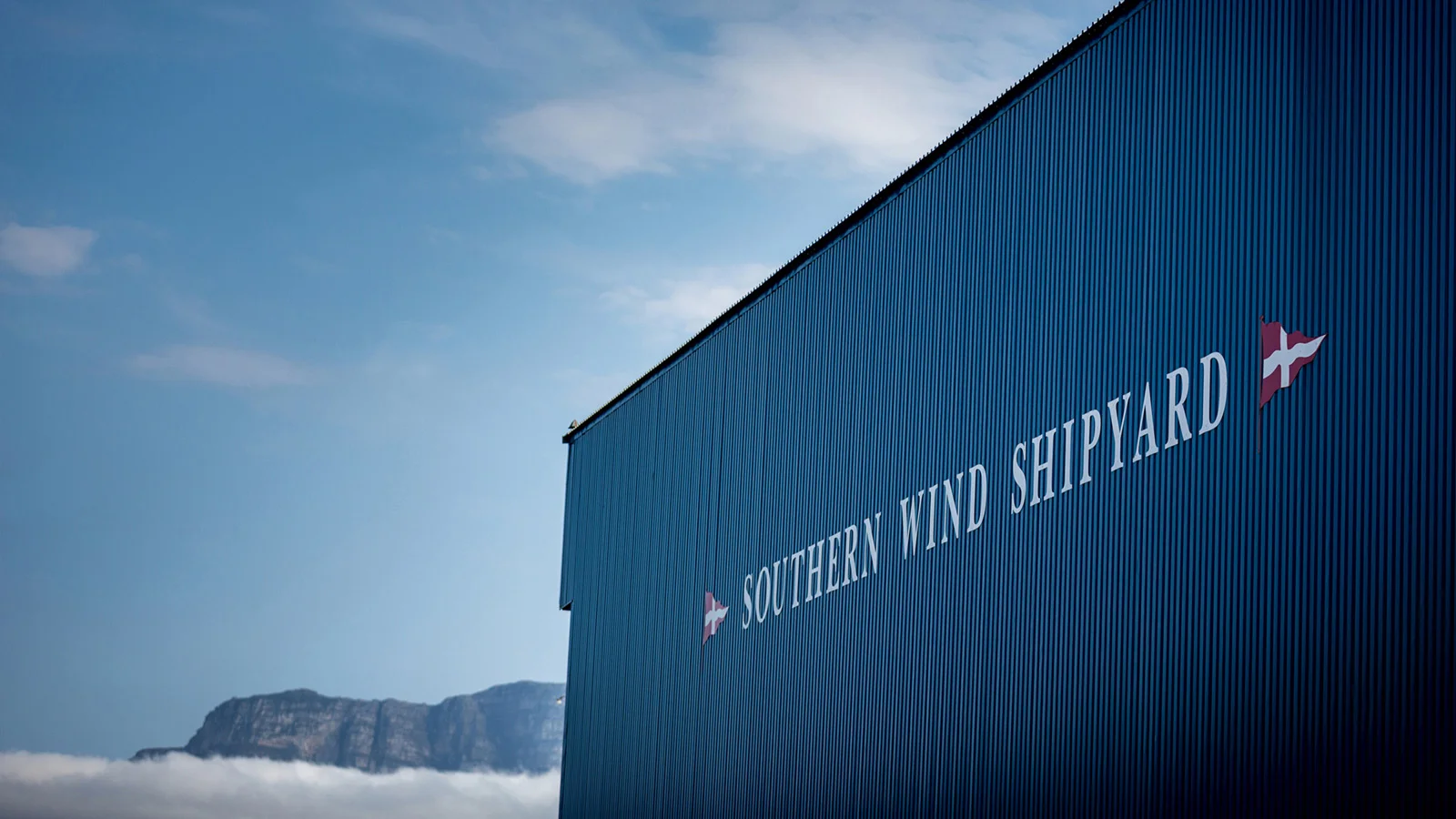Five shipyards that build custom sailing superyachts
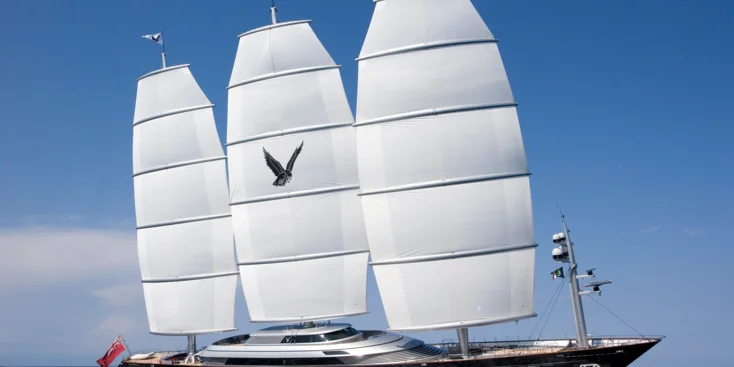
The shipyards that build custom sailing boats are the top league, where there are just a few players left these days
As a preamble to the list of shipyards that build custom sailboats, let us have a look at the specifics of this kind of construction. The shipyard / customer brief for a sailing boat is considerably longer and more detailed than the one for a motor boat.
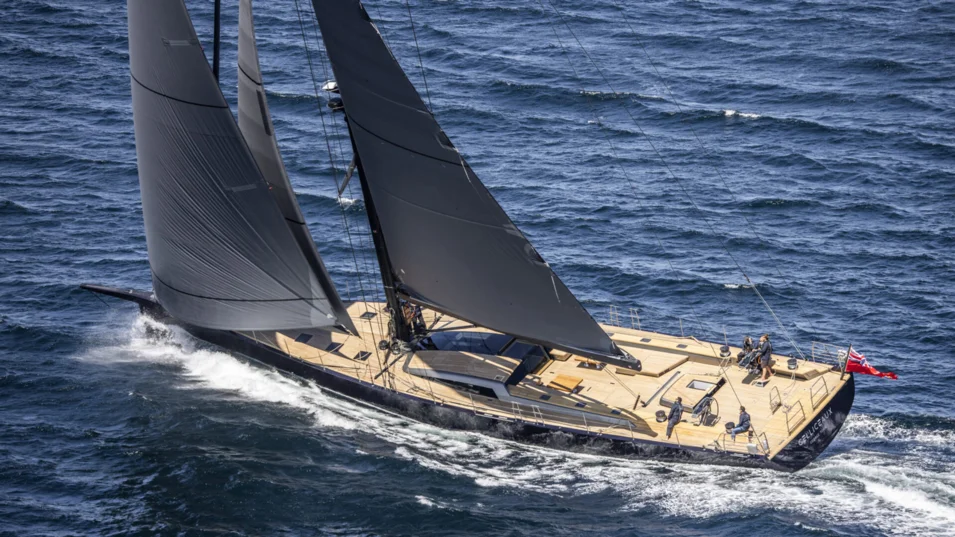
In addition to the negotiation of the intended usage, i.e. whether it is going to be a family haven or a charter boat, this time there are also races. Since owning a sailboat almost always equals loving navigation, such customers take part in regattas willingly and often enjoy being at the helm. In addition to providing ample storage systems for the sailing wardrobe, one also has to think of accommodating an extended crew on board (if the race is offshore, extra folding berths might have to be installed), or to plan the whole of the interior as a versatile transformer, so that for the time of a regatta everything that has unnecessary weight could be dismantled and removed easily. Let alone the fact that when planning your daily routine on board, you have to consider the list, which is why even the requirements for an ordinary alignment on a sailboat are much stricter: if you have a marble bath installed in the master cabin on the starboard side, it has to be balanced with something heavy on the port side, too.
So, designers actually have to reconcile mutually exclusive factors, make them aesthetically appealing and keep in mind their effect on speed. The results presented in our selection below are truly impressive.
Perini Navi, Italy
Perini Navi, founded in 1983, started with engineering for large yachts, and in 1988 they went on to build vessels based on their own projects. Lots of their ideas are patented: from the automatic furling system that was invented by their founder, Fabio Perini, to the swing keel and hybrid propulsion. The head office of the company is in the Italian city of Viareggio, and maintenance and refit facilities are in Viareggio and La Spezia. The main production facility of the shipyard is in Turkey, outside Istanbul. The shipyard is best known for 25-70-metre luxury custom sailing and motor yachts of aluminium. In 2021 Perini Navi filed for bankruptcy and was acquired by The Italian Sea Group (TISG) for € 80 million.
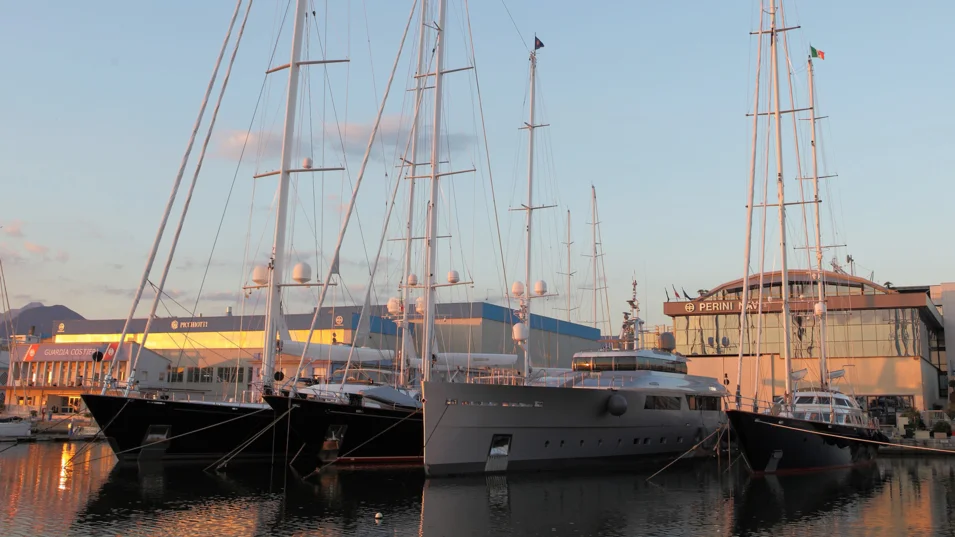
The most famous of Perini Navi yachts is probably the 88-metre Maltese Falcon (built in 2006), which was the first to use the DynaRig technology: the furling sails are stored inside the three 58-metre self-standing and rotating masts, and when deployed, five sails on each mast function as a single airfoil with a total sail area of 2400 sq. m. The unusual outfitting of the clipper caused heated debate in the sailing community, and some even called it a dead-end branch of rigging evolution. But the success of the Maltese Falcon in regattas and the appearance of the identical Black Pearl built by Oceanco in 2018 proved that the concept is quite viable and will live on.
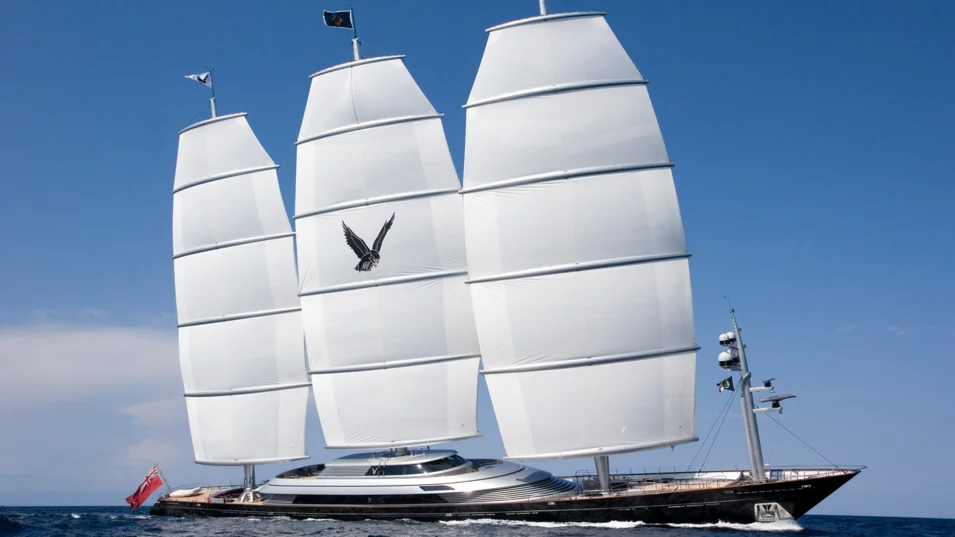
A lot of Perini Navi yachts were designed by Ron Holland, famous for his racing developments. Among the most famous recent projects there is the 60-metre Perseus^3 (2015) with a carbon 75-metre mast, which is one of the largest in the world, and the elegant 58,6-metre Seven ketch (2017), which got numerous awards for design.
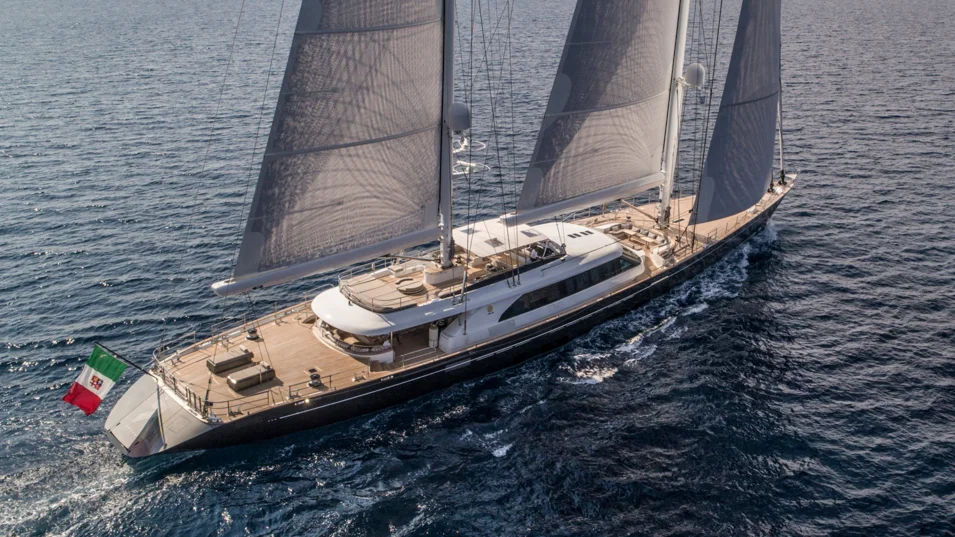
At present the shipyard is quite busy constructing the 60-metre ketch featuring naval architecture by Ron Holland and design by Remi Ressier, the 56-metre ketch featuring naval architecture and exterior design by Malcolm McKeon, as well as interiors by Winch Design; and the 47-metre sloop designed by Centro Stile TISG.
Royal Huisman, the Netherlands
One of the world’s oldest shipyards founded in 1884 is at the same time one of the most forward-looking ones: having started from modest fishing boats, by the middle of 20th century they started using the most advanced technologies and in 1964 were the first to build a superyacht of aluminium. In 1975 they opened their Rondal subsidiary to create custom masts and rigging and thus became a fully integrated manufacturer.
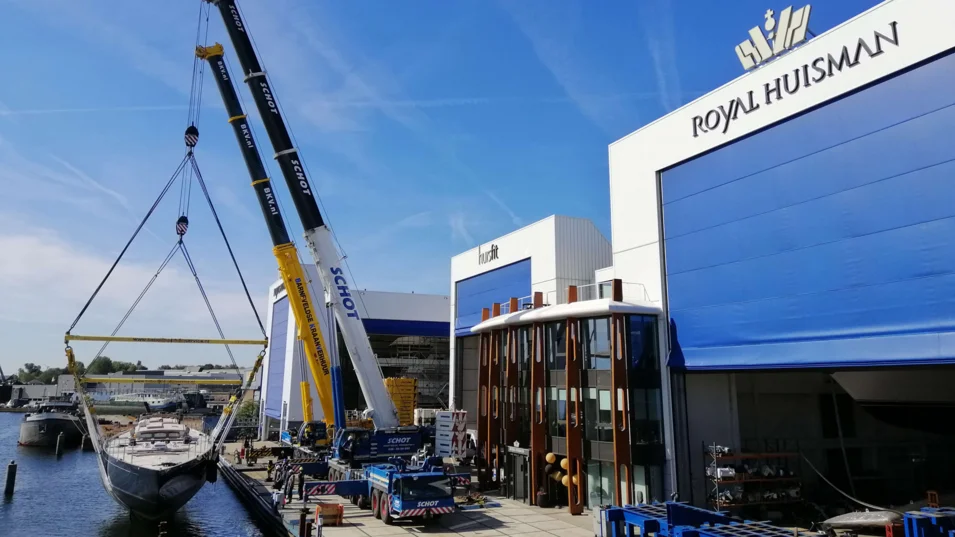
Royal Huisman is unique at preserving the ‘good old classics’, like the J-class Endeavour restored in 1989, or the 90-metre Athena schooner, which looks like a large ship from the golden age of sailboats. By the way, the same refers to the interior, which is often designed in a conservative, gentleman’s style: there are quite a lot of fans of traditional nautical style. However, the shipyard’s portfolio also features some true avant-garde examples: the 47-metre Hyperion built in 1996 for the founder of Netscape, Jim Clark, dubbed ‘a yacht-shaped computer’; the 58-metre Ethereal, launched in 2009 is still considered a benchmark in terms of ergonomics and eco-friendliness; the 58-metre Ngoni, created by the great constructor, Ed Dubois, with her sheer deck, extraordinary architecture and bold interiors by Rick Baker Limited was a sensation in the industry. The brief from the customer is likely to be the most quotable yachting folklore: “Build me a beast. Don’t build me a sheep in wolf’s clothing. This has to be an edgy and innovative weapon; fast and furious”.
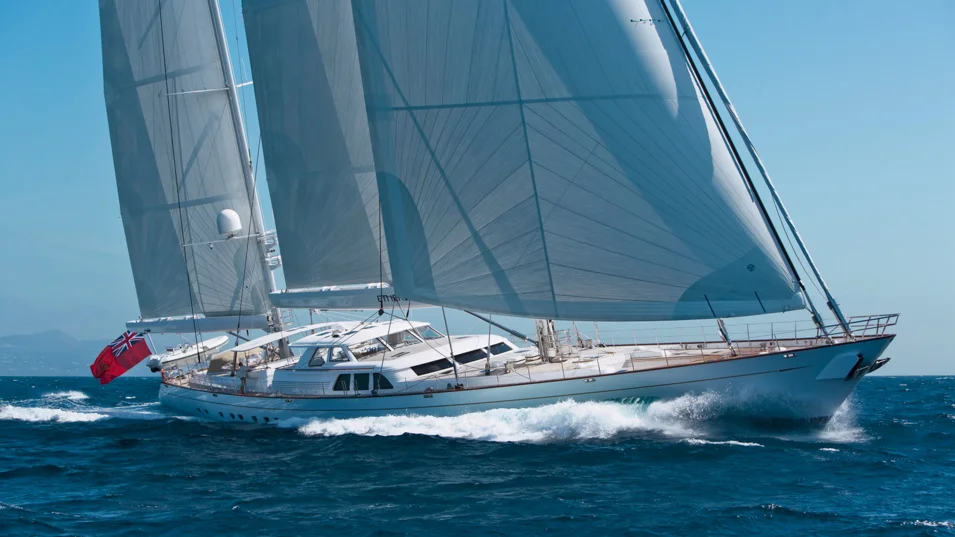
Royal Huisman production facilities are in Vollenhov and Amsterdam, the Netherlands, and in Emden, Germany, where Huisfit, their dedicated refit division is based. The shipyard manufactures only custom ultra-luxury sailing and motor superyachts.
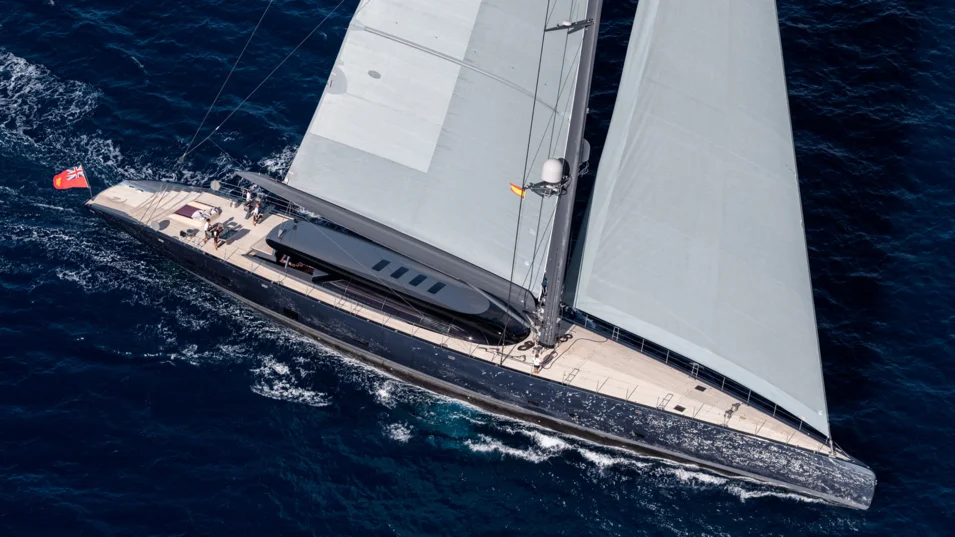
One of the latest masterpieces from the shipyard is the 46.8-metre Nilaya sailing superyacht, created in collaboration with Nauta Yachts (exterior and interior) and naval architecture from Reichel / Pugh Yacht Design, as well as the extravagant motor superyacht for sport fishing called the Project 406 featuring Vripack design.
Vitters, the Netherlands
Since 1990 (which is over three decades of work) the company has gained the reputation of one of the world’s best manufacturers of ocean class racing superyachts with a luxurious level of comfort on board. Fruitful collaboration with such giants of naval architecture as Dubois Naval Architects and Philippe Briand Ltd, as well as the acquisition of Green Marine shipyard, which became famous for building performance carbon yachts for Volvo Ocean Race in the 1980s, brought Vitters to the highest level: they can understand it very well, when an experienced owner says ‘I want more’.
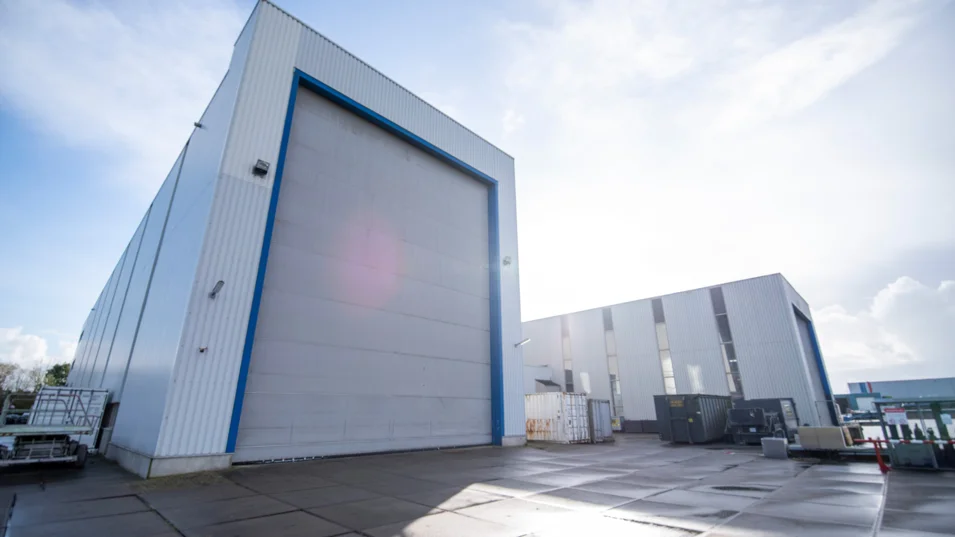
And it is not only about the size of the boat, although there is definitely something to boast of here: the 86-metre AQuiJo ketch, built in 2016 in collaboration with Oceanco, impresses both with the height of the masts (almost 90 meters) and the sail area of 5300 sq.m. The gem of Vitters collection is the J-class Svea, which was created based on a project dating back to 1937. In 2000s, taking into account all modern requirements, a new project was developed in collaboration with Andre Hoek, and in 2017 the 43,6 m Svea joined the revived J-class fleet as its largest representative.
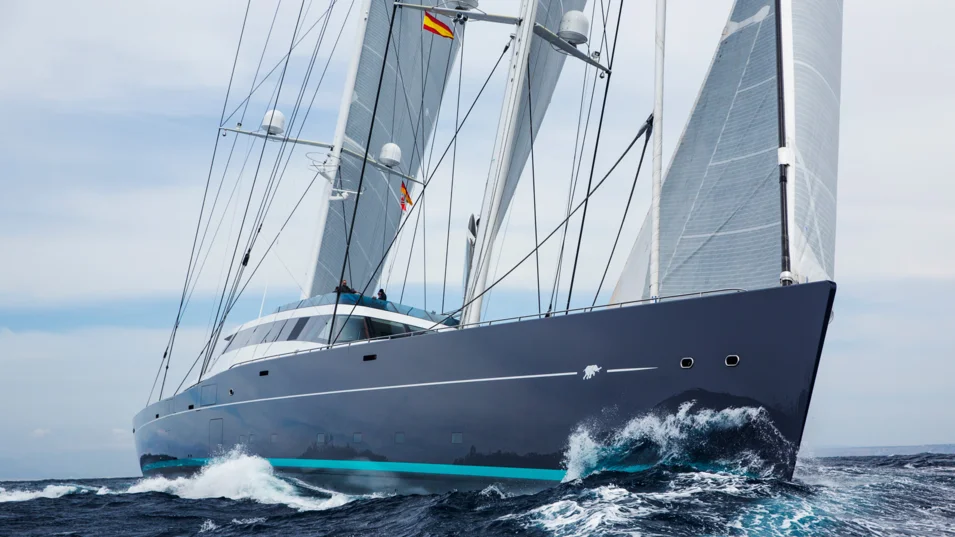
The 33-metre Ribelle (2018) got a prestigious Boat International World Superyacht Award in the category of 30-49-metre sailboats. Late in 2023 another sailing superyacht, the 59-metre Maximus, designed in collaboration with German Frers hit the water. Work on the innovative ‘green’ Project Zero superyacht is currently underway, and it is going to be used by scientists and researchers studying the ocean with the goal of its preservation.
Baltic Yachts, Finland
Baltic Yachts has been using advanced composite materials since it was founded in 1973, and it was also one of the first to introduce carbon fiber. Among the recent innovations one should mention the DSS-foils (Dynamic Stability System foils), side fold-down balconies (that are more typical of motor yachts and require more careful engineering on a sailboat), as well the shipyard’s know-how: Retractable Propulsion System, which allows one to retract the propeller inside the hull and turn it up to 90 degrees, thus increasing the speed and maneuverability.
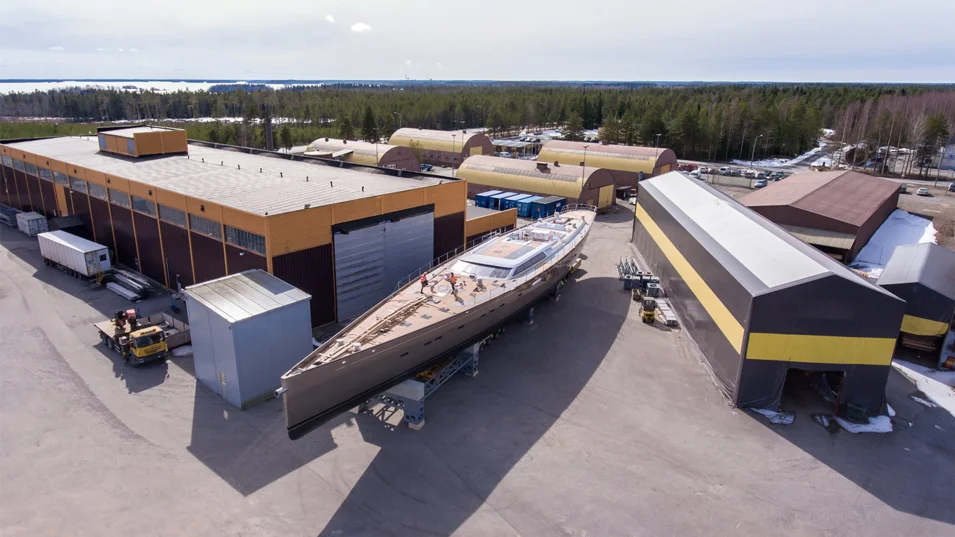
The source of their particular pride is the 40-metre My Song, which became the yacht of the year in 2017 according to International Superyacht Society Awards and got a number of other awards for innovation and design. In her racing configuration she was capable of reaching up to 30 knots, and in 2018 she won the Loro Piana Superyacht Regatta easily and set a record for monohulls in the RORC Transatlantic: 10 days 5 hours 47 minutes. Another creation of the shipyard, the 34-metre Liara, was unveiled at the Monaco Yacht Show 2019, got the most flattering reviews and a couple of months later raced successfully in the RORC Caribbean 600 and the St Barths Bucket.
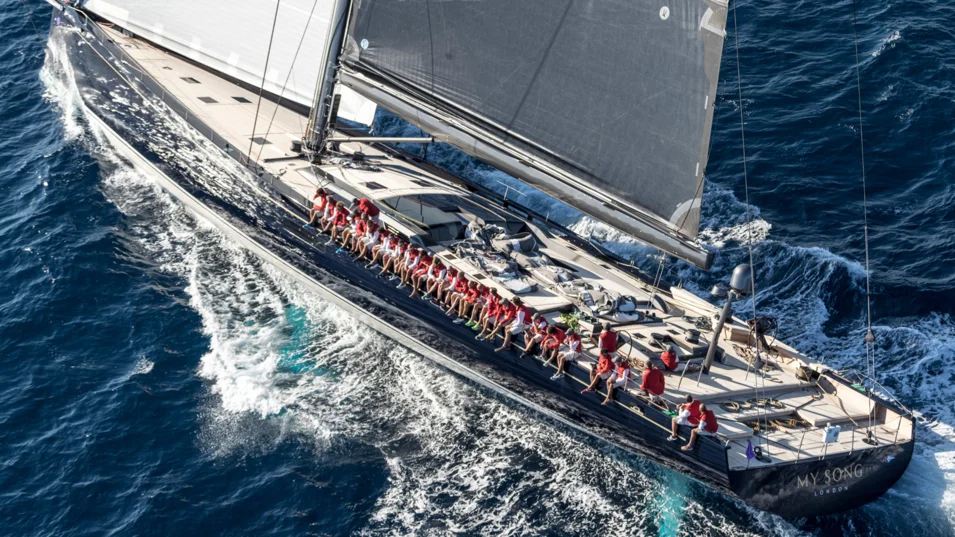
One of the latest creations of the shipyard is the 34-metre Zemi sloop, delivered to the owner in August 2023 with exterior design and naval architecture from Andreas Martin-Löf Arkitekter.
Baltic Yachts production facility is in Finland, while their service and refit divisions are in Palma de Mallorca. Their sailing boats boast highest build quality and are a great fit for those who love racing and cruise holidays.
Southern Wind, RSA
In 1991 Italian Willy Persico started making maxi yachts in the Republic of South Africa. He focused on small-scaled production with a special emphasis on quality. And though formally Southern Wind sailboats are considered semi-custom, the level of their personalization is quite compliant with the fully custom standards: with the basic hulls as a foundation (which saves a lot of delivery time) and a wide variety of options (from the wheelhouse shape to the interior layout) the shipyard gives the customer an opportunity to build their yacht almost like a construction toy to suit their personal needs.
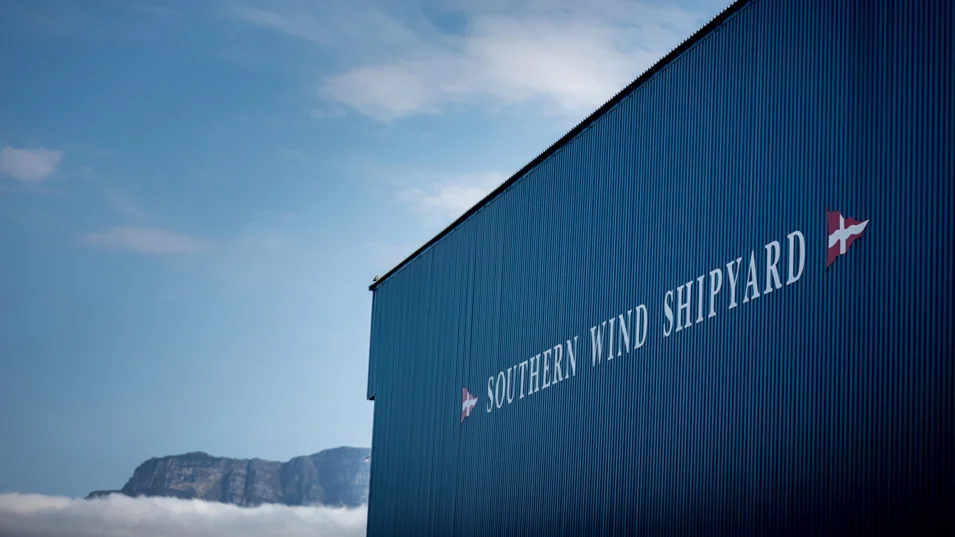
The Southern Wind 72 was the first one in the range designed by renowned Bruce Farr. Their next bestsellers were their 100 ft-boats with one of them, the Farfalla, becoming the ‘ancestress’ of a new range: the customer who wanted to build his third boat with Southern Wind asked them to make some changes to the hundredth project, which gave birth to the Performance Cruiser SW102 prototype. Now the shipyard’s flagship is the 36.58 metre SW120. All Southern Wind yachts are made of latest composites, and their seaworthiness can be proved by the very fact of having to make a 7000-mile passage to the Northern hemisphere to participate in European boat shows. The shipyard does have 100% fully custom projects, too. In 2016 they built the AllSmoke (SW-RP90), and in 2020 they launched the RP-NAUTA 100 Morgna (the abbreviation stands for Reichel Pugh and Nauta Design studios). The company is stepping into a new market segment now, offering a new 27.07-metre SWCAT 90 catamaran.
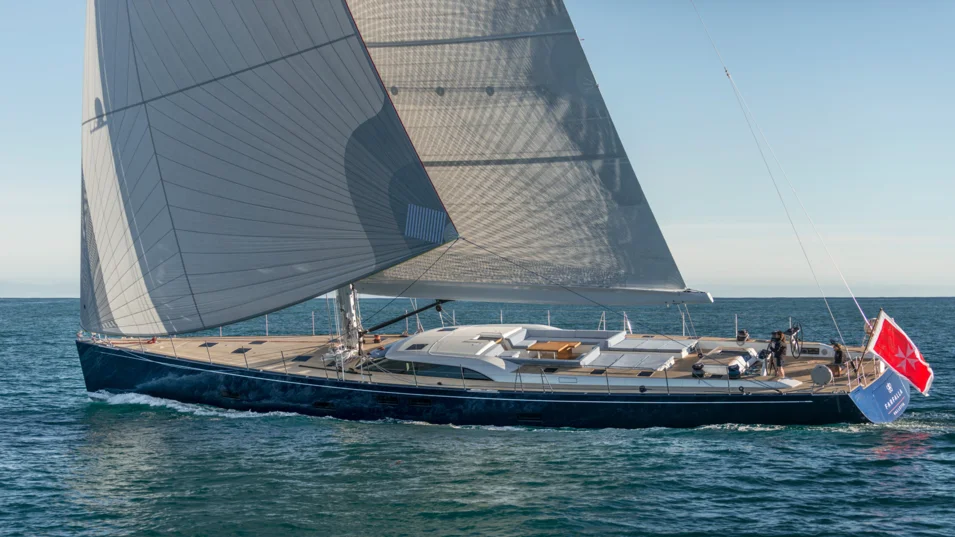
The shipyard makes approximately three 45.2 - 110 ft hulls a year. Their after-sales and customer care service is provided by Pegaso division. The yachts with an oceanic range are meant for those who love high speed cruises and races. Every year Southern Wind organizes regattas and rendezvous for the owners of their boats.
You have successfully subscribed to our newsletter
